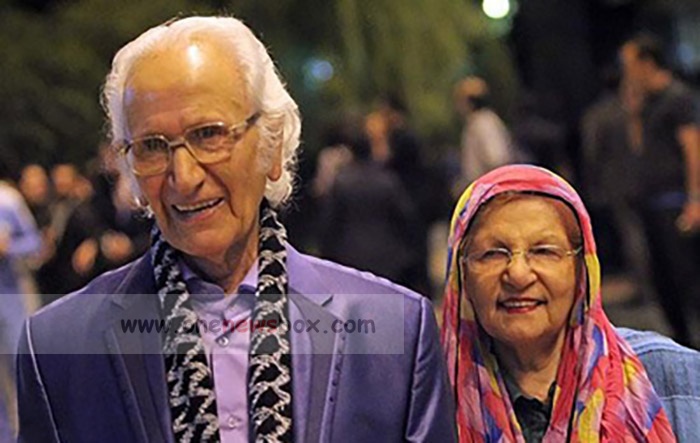Rashidi’s contributions to Iranian music were not limited to his performances and compositions. He also played a significant role in shaping the direction of Iranian classical music during a time of great change. His approach to music was characterized by a respect for tradition combined with a willingness to experiment and innovate.
Rashidi was one of the first Iranian musicians to embrace the use of musical notation, which allowed him to compose and arrange his music in a more precise and structured manner. This was a significant departure from the traditional approach to Iranian music, which was often based on oral transmission and improvisation.
By incorporating musical notation into his work, Rashidi was able to create more complex and intricate compositions that pushed the boundaries of Iranian classical music. His music often featured a blend of traditional Iranian modes and modern harmonic techniques, creating a sound that was both familiar and fresh.
Rashidi’s Legacy and Influence on Future Generations
Aminullah Rashidi’s impact on Iranian music cannot be overstated. His innovative approach to composition and performance helped to bridge the gap between traditional and modern Iranian music, paving the way for future generations of musicians to explore new sounds and styles.

